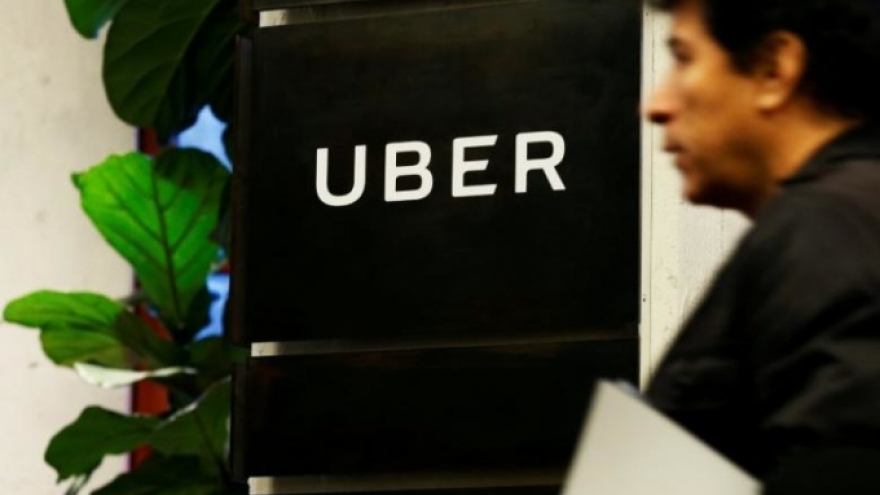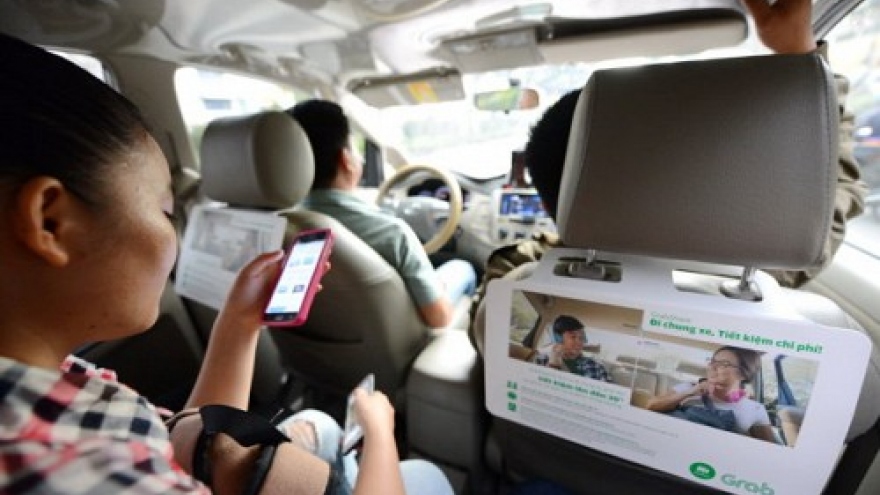Hanoi mulls no-Uber, Grab streets
Ridesharing apps are continuing their uphill battle against Vietnam’s regulations in Hanoi as authorities mull a proposal to ban Uber and Grab cars from entering certain streets.
 |
As of May 2017, seven entities, including Grab and Uber, were given the official green-light to launch ride-hailing services in Hanoi with their combined fleet of 7,310 vehicles, according to the department.
As more and more drivers continue to register their cars with the app-based passenger transportation sector, the situation has “greatly affected traffic management and the plan to limit the number of individual vehicles of Hanoi,” Ha Huy Quang, deputy director of the transport department, explained.
The department has since submitted a four-point petition to the Hanoi administration seeking a hold on the expansion of rideshare fleets.
The department also suggested banning Grab, Uber, and other tech-based cars from entering streets that are currently off-limits to traditional taxis.
Earlier, local taxi operator Vinasun petitioned for the government to consider Uber and Grab’s business models similar to that of traditional taxis in order to ensure healthy competition.
However, the ministry responded that it is impossible to classify Uber and Grab as traditional taxi companies because their business models involve transporting passengers as per a contract made electronically via the app, rather than on paper as with traditional transport companies.
The e-contract, however, is totally legitimate and the government is piloting a plan to apply technology to the passenger transportation sector, the ministry explained.
Even though they are embraced by local commuters, Uber and Grab have faced constant objection and protest from the conventional taxi operators.
Following complaints from Ho Chi Minh City’s transport department and taxi association, the transport ministry has also banned Uber and Grab from offering special features allowing passengers to share rides and split costs with others.


